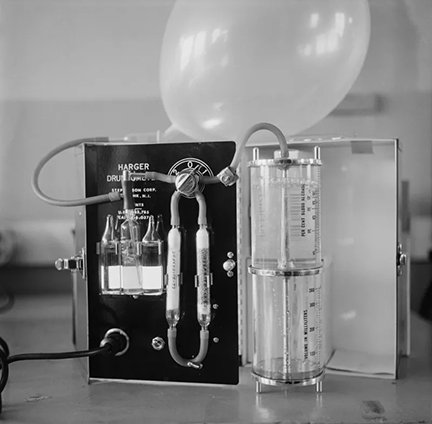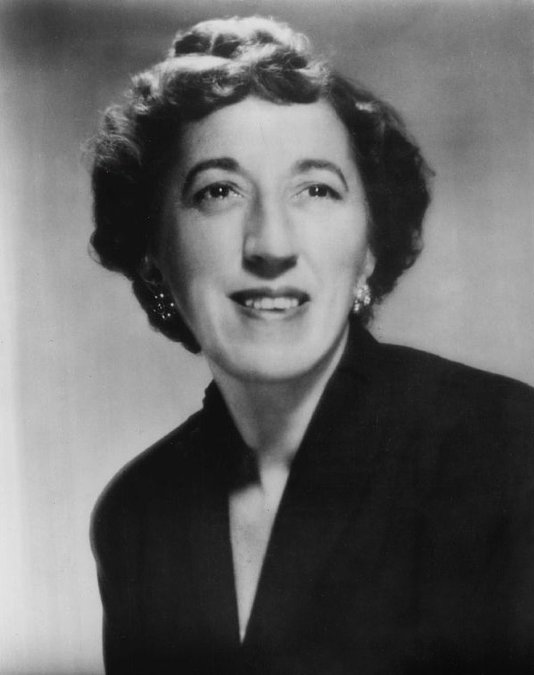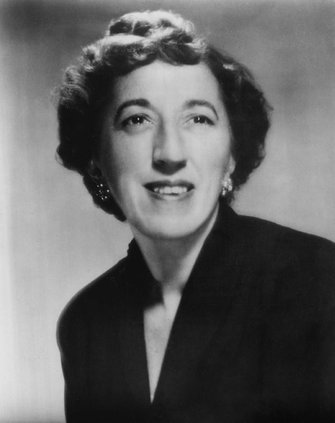Each week we’ll take a step back into the history of Great Bend through the eyes of reporters past. We’ll reacquaint you with what went into creating the Great Bend of today, and do our best to update you on what “the rest of the story” turned out to be.
This week in 1938, film history was made when Margaret Hamilton’s (Wicked Witch of the West) costume caught fire in filming scene in ‘The Wizard of Oz” where the witch disappears in a flash of smoke in munchkin land. That wasn’t the only production issue faced by the actors and film crew-- piano wires holding up flying monkeys snapped, injuring actors, and there was also the infamous toxic reaction to aluminum powder that Bud Ebson experienced. He was the first actor cast to play the tin man. The time required to clear his lungs of the powder caused him to have to drop out of the production, and Jack Haley replaced him.
Also making Hollywood history this week was the announcement that Vivien Leigh would play Scarlett O’Hara in “Gone with the Wind,” which began production around the time The Wizard of Oz was wrapping up.
Oil field news
Meanwhile, back home in Great Bend, a different sort of production was ramping up. This week in 1938, the big news in Barton County was a new oil pool two and a half miles south of Ellinwood. On Dec. 201, 1938, the headline read: “Clawson looms as opening new Barton oil pool; Wildcat South of Ellinwood fills with oil at rate of 35 feet an hour.”
This news came the same day it was announced that Governor-elect Payne Ratner was urging Kansas oil men and officials to pool their collective ideas to increase the consumption of Kansas crude. He addressed a group of industry leaders.
“Our operators believe Kansas is being discriminated against in this market condition. We feel, with our potential production in excess of three and one half million barrels daily, that Kansas is entitled to a fairer share of the national market.”
Oil men are a tough breed. On the same front page was the story of Rex Smith, a local oil field worker who “suffered a 5-inch gash on the top of his head yesterday noon while pulling rods on a Gates well that is nearing completion. One of the rods broke and it struck him on the head as it fell from a distance of about 35 feet.
“Smith was brought to the hospital here where the injury was dressed and he was up and about the streets today with his head heavily bandaged.” Wow!
Meanwhile, the men who had controlling interests in the oil companies were investing in equipment. It was announced that L.J. “Tide” Bodine’s new Spartan 5-place low-winged monoplane would be flown back to Great Bend from Tulsa before Christmas.
“The plane, purchased several days ago by Bodine through the Skelly Oil Company from Spartan, a subsidiary, was in Great Bend one week ago last Sunday on a demonstration flight. Bodine will use the ship in connection with business for the Bodine Drilling company of Great Bend.
According to one collector’s website we found, “The overall level of technology and performance was comparable to the best fighter airplanes of the day, and this was reflected in a high cost – a factory-new Executive cost $23,500 in 1937.”
According to the Tribune story, “Meril Johnson will pilot the plane for Bodine and has completed instruction for flying this type of ship at the factory, Bodine said today. Johnson recently flew an official of the Skelly Oil Company from Tulsa to Shreveport, La., in a plane similar to the one purchased by Bodine.”
The oil industry grew vastly in importance in the years following this period of discovery and drilling, and continues to be an important part of the economy of Barton County today. Skelly Oil memorabilia is highly collectible. The company eventually became part of Getty Oil, and was later completely bought out by Getty Oil in the 1970s. Bodine Drilling, however, is still around, according to DrillingEdge.com
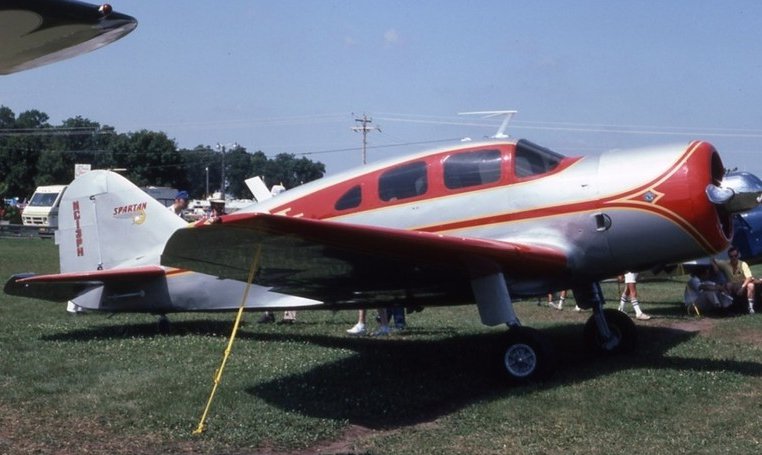
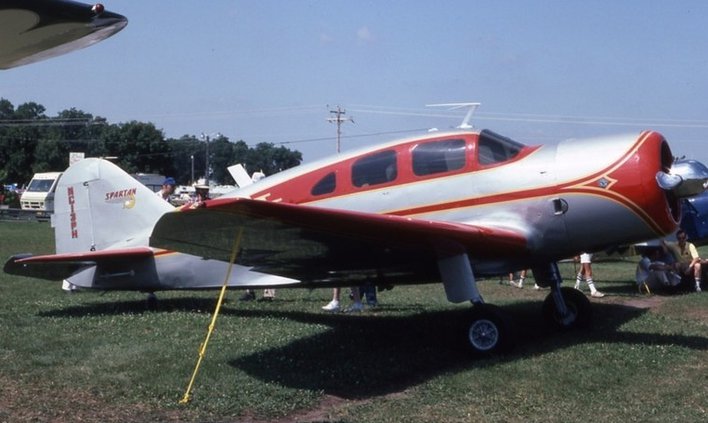
Great Bend Christmas wishes
On Christmas Eve, the Tribune asked “What do you want Santa Claus to bring Great Bend for Christmas?”
Most responded with hopes for a white Christmas, snow or rain to help the wheat crop. Here’s some of the others readers responded with:
Neva Woods, salesgirl: “I would like to see Great Bend have an airport, and as far as being a Christmas present, it would be tops.”
She had an ally in salesgirl Virginia Wiles: “It seems to me that Great Bend should have an airport.
And Harold Miller of the Holiburton office agreed: “I wish that Santa could do something about bringing a hangar for the airport north of town.”
Great Bend got its airport...just not in the way anyone in 1938 imagined it would. The airport north of town was moved to the west of town during WWII.
Dewey A. Jordan, superintendent of Atlantic Refining Company: “I believe that Great Bend does not need any big Christmas present as it is in a better position than many other cities throughout this area. Have never seen such cooperation in regard to charity work and assistance to less fortunate persons as the people in Great Bend show.”
He was right, according to the accompanying story, “Many join in making Christmas Day a happy one for unfortunate families in Great Bend.”
The story reported all families eligible for assistance were provided dinners and toys were given to children.
Mary Thies, bank teller: “I would like to see a better system of marking the streets for Great Bend.”
Herbert Embry echoed Thies: “I think that one of the best Christmas presents Great Bend could get is markers for the streets.”
And finally, Clyde Seedle, clerk: “There are no street markers here and Santa should do something about that.”
Whether or not it was Santa, those street markers finally came. However, some were still not happy, as they felt the street names should be painted on the curbs periodically, rather than posted on metal signs. Go figure.
There were wishes for lower curbs, traffic lights, street sweepers, and more parking spaces near hotels. Clearly, the automobile was becoming a consideration in city planning. But, there were tradeoffs, as exemplified in this last request.
Jim Evans, motor car dealer: “Great Bend needs an athletic club for tired and portly business men.”
Lost purse finder praised
Wayne Pritchard was known for his unique talent -- finding lost purses.
And he recovered a lot of cash in the process-- which he never pocketed.
“Wayne Pritchard, Great Bend, champion “lost purse finder” and leading contender for the title of the town’s “most honest citizen” walked into the Tribune office this morning in answer to the want-ad appearing in yesterday’s Tribune seeking a purse containing $13.00 belonging to Mrs. G.W. Gray who recently moved here from Stafford.
Wayne has found numerous purses, most of them containing money and nearly always he has been able to find the rightful owner who always found them with the original contents intact.
“The most valuable purse I ever found,” Wayne said this morning, “was in Guymon, Okla.., and the purse contained $160.00 I found it on the sidewalk in front of a bank and as I didn’t have time to hunt for the owner, I left it with the bank officials for them to place in the hands of the owner.”
Wayne estimated he had found a total of several hundred dollars in purses.
This was all by the time he was 44 years old. It is unknown how many more purses he found over the next 45 years. Wayne Pritchard passed away on Nov. 3, 1983 at the age of 89. We could use more guys like him today.
Book learning versus book stealing
Naturally, there were plenty who were just as dishonest as Pritchard was honest. One despicable crime teachers in the county were being warned to be vigilant of was book thieves.
“Although there have been no reported thefts of books from Barton County rural schools, County Superintendent Earl A. Spencer has sent out warnings to rural school teachers and school board members to thoroughly investigate all attempts to sell secondhand books, particularly encyclopedias.
“According to information from W. T. Markham, state superintendent, apparently there is an organized gang working as the thefts have occurred in several different counties. The proper marking of each volume owned by a school district is advised.”
Just for fun
That wraps up this week in 1938. But, just this once, we found mention of one bit of historical trivia we simply couldn’t pass on sharing with you. Not this week, but next, Dr R N Harger introduced his invention, the “drunkometer.” He’d been working on it for about seven years, and finally had a working device. The Indiana State Police conducted the first real-world test of Harger’s “drunkometer” on New Year’s Eve, 1938.
